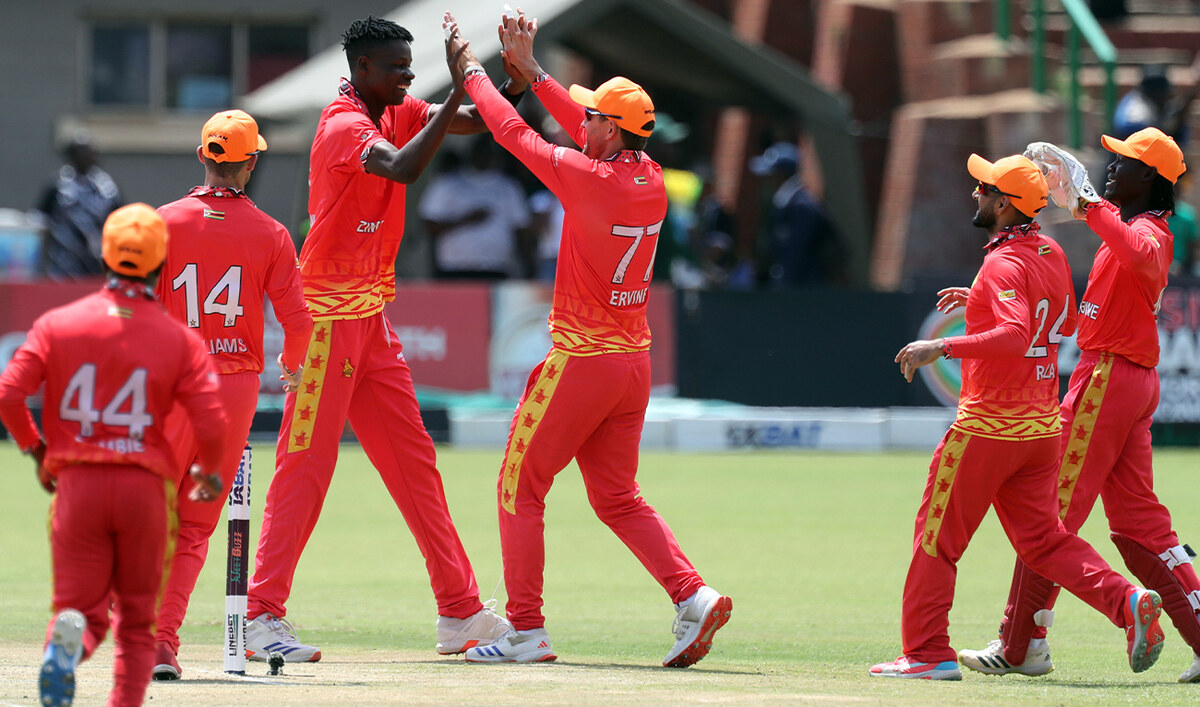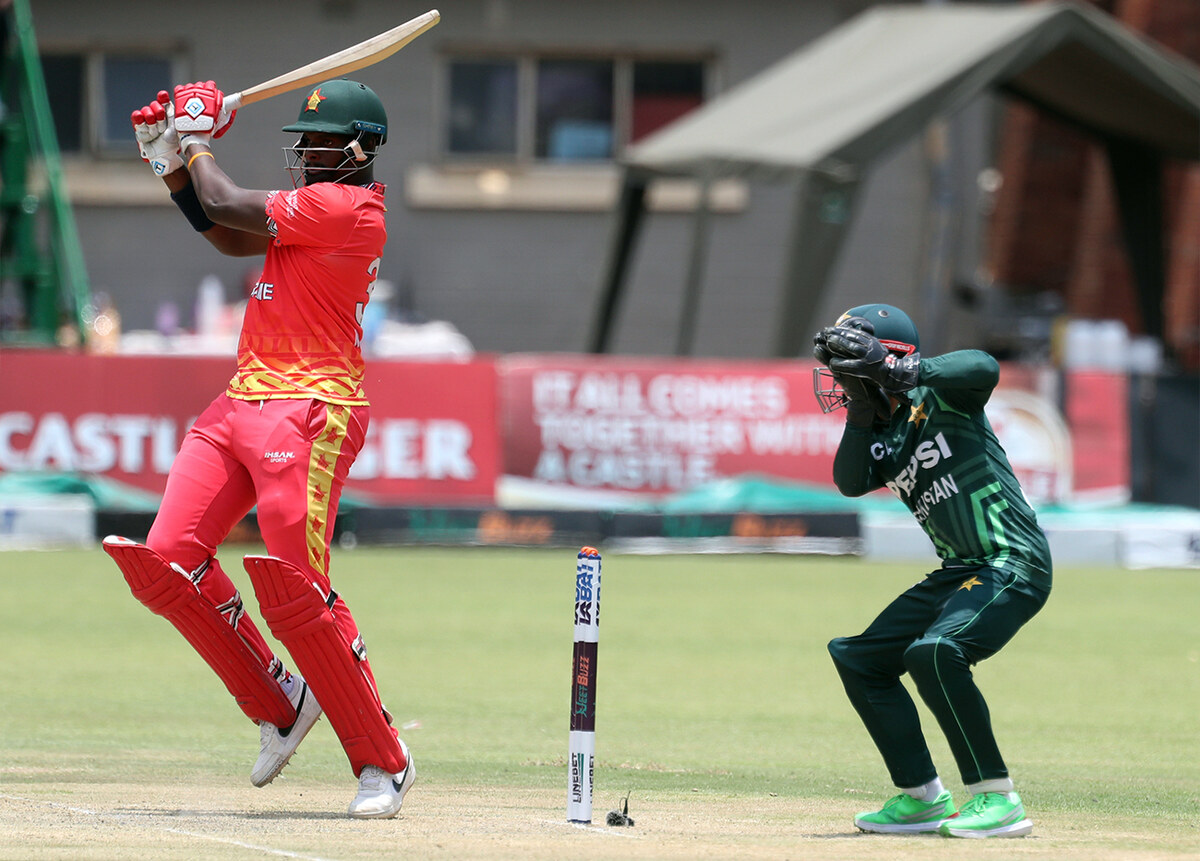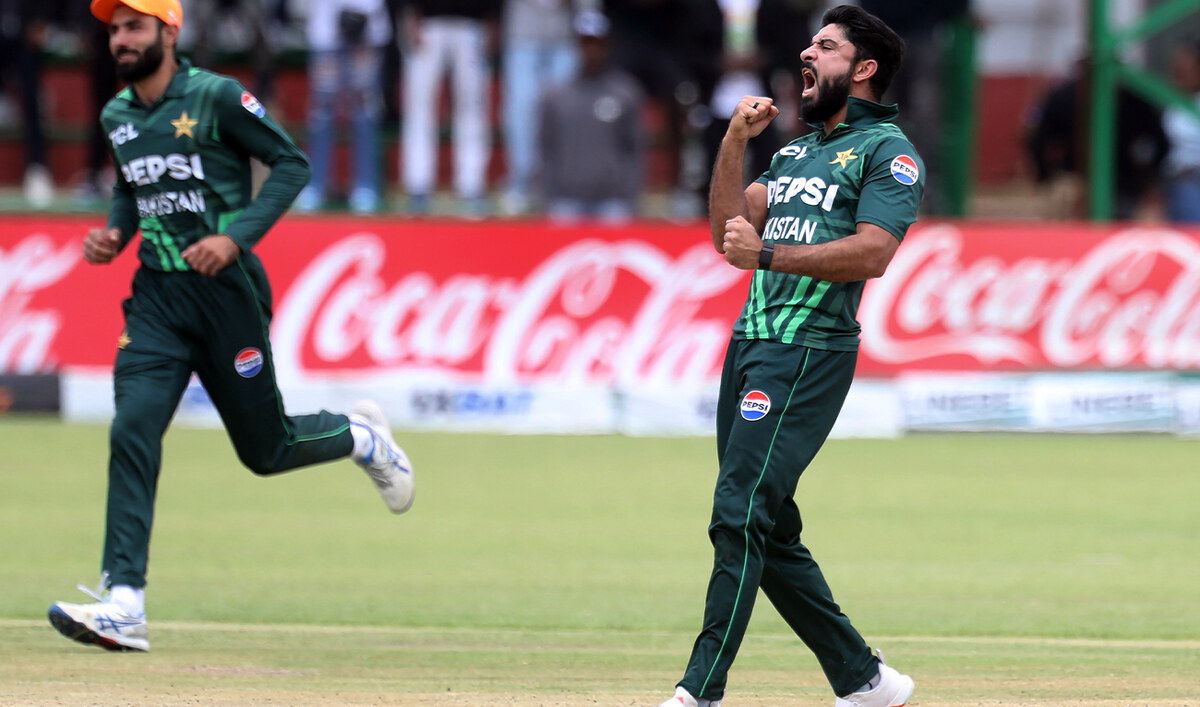ISLAMABAD: A United Arab Emirates-based organization, NAMA Women Advancement Establishment, plans to provide education and vocational training to Afghan refugee women in Pakistan, revealed one of its top officials who is currently visiting Islamabad in an exclusive interview with Arab News on Thursday.
“We signed a Memorandum of Understanding (MoU) with the United Nations High Commissioner for Refugees (UNHCR) last year, and we are back here in Pakistan to roll out the program since it took us one year to study the best possible program for refugee women in Pakistan,” Reem BinKaram, director of NAMA, informed, adding that her organization’s affiliate Irthi Contemporary Crafts Council would provide vocational training to refugee women under the program and promote their work.
“We are here in Pakistan to support refugees but with dignity. It is important to give hope and dignity to refugee women. We are here to give them both of these things by providing them skills and unleash their potential. We are very keen to provide them education and vocational training. We want to give opportunities and platforms to artisans and put them on a path with the rest of the world,” she said.
NAMA was founded in 2015 by Dr. Sultan bin Mohammad Al Qasimi, member of the UAE Supreme Council and Ruler of Sharjah. The organization is chaired by Sheikha Jawaher bint Mohammed Al Qasimi, wife of the ruler of Sharjah.
Using its three affiliates, Sharjah Business Women Council, Irthi Contemporary Crafts Council, and Badiri Education and Development Academy, NAMA designs and implements initiatives that support women across economic, professional and social sectors.
“We will select 100 refugee women and train them in the first phase. The program will be carried out by NAMA and the UNHCR where these 100 women will be trained by Irthi Contemporary Crafts Council,” she said, adding that these 100 women will produce carpets in the first one of the program under the supervision of Irthi.
“Irthi will also manage the final products made by these artisans and take them to the market for better revenue and recognition. After that, we will place bigger orders to attract more women artisans to come, receive training and earn a respectable living by joining this network that we are trying to create,” she said.
BinKaram said NAMA would not only help Afghan refugees but also displaced Pakistani women.
“We are working to establish a community and build a bond between the Pakistani and Afghan refugee women who live together in one district by showing them the importance of collaboration in socioeconomic projects that will help the entire community. There are skilled artisans among refugees, but no one is there to guide them and present their work to the world,” she said.
She noted that refugee women in Pakistan were hungry for education, soft skills, and training, adding that NAMA was planning a long-term initiative to help them.
“During the program, we will also provide them other skills, such as time management, economic management, marketing and ensuring personal hygiene. We will also exhibit their work all over the world in different art shows and museums by establishing stalls. We want the stories of these women to reach the world through their artwork since that will help change people’s mindset about them,” she said.
BinKaram said that NAMA had earlier conducted a cultural exchange program in embroidery with a Pakistani designer Rizwan Baig.
“After the completion of the first phase of the exchange program, today we have 21 Emirate artisans who know how to do Pakistani style embroidery which was taught to them by Pakistani women,” she said.
“We also trained Pakistan women Emirati craft which is called ‘Thalli’ (thread work). After the completion of the first phase of this project, the work of both Pakistani and Emirati women was displayed in a shop in the UAE. NAMA tried to attract corporate clients for the artisans to help them get bigger orders. We are showing their work in Paris and Melan,” she said.
BinKaram admired Pakistan’s beauty but expressed the need to change the mindset of the world toward the country.
“Pakistan is a beautiful place in which we are trying to showcase this through artwork,” she added. “It will also change the mindset of the people about the country.”


















